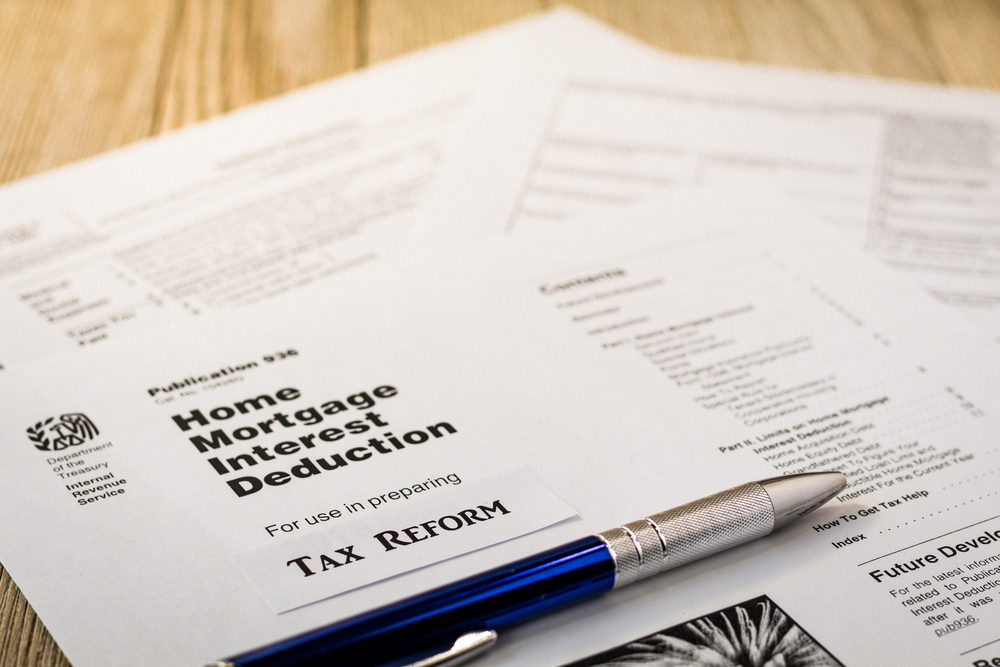Buying your first home is one of the most exciting milestones in life, but it can also feel overwhelming. With home prices on the rise and the cost of living increasing, many first-time homebuyers worry about whether they can afford to buy a home.
The biggest hurdles often include saving for a down payment, qualifying for a mortgage, and covering closing costs. Fortunately, there are a variety of programs designed to help first-time homebuyers navigate these challenges and secure their dream home.
If you’re a first-time homebuyer, you may qualify for federal, state, and local assistance programs that offer financial aid, reduced mortgage rates, and even grants for down payments. Understanding these options can make homeownership more attainable and less stressful!
In this guide, we’ll explore the most valuable programs available, how they work, and how you can qualify for them. Whether you need down payment assistance, a low-interest mortgage, or tax benefits, this guide will help you take the next step toward homeownership with confidence.
Understanding First-Time Homebuyer Programs

A first-time homebuyer is generally defined as someone who has not owned a home in the past three years. This means that even if you’ve owned a home before, you may still qualify for assistance programs as long as enough time has passed. First-time homebuyer programs are designed to make the process of purchasing a home easier by offering financial aid, lower interest rates, and reduced down payment requirements.
These programs come in many forms, including government-backed loans, grants, and tax incentives. Some provide assistance with closing costs, while others help with down payments or offer better mortgage terms. Knowing which programs you qualify for and how to take advantage of them can make all the difference in securing your first home.
If you’re wondering where to start, the best approach is to research federal programs first, then look into state and local assistance options. Many first-time homebuyers are surprised to find out just how much help is available to them.
Federal Homebuyer Assistance Programs

FHA Loans
One of the most popular programs for first-time homebuyers is the Federal Housing Administration (FHA) loan. FHA loans require a down payment as low as 3.5%, making them a great option for buyers who haven’t saved a large sum. They also have flexible credit score requirements, allowing buyers with lower credit scores to qualify more easily.
FHA loans are backed by the government, which means lenders are more willing to approve buyers who might not qualify for conventional loans. However, they do require mortgage insurance premiums (MIP), which add to the overall cost. Still, for many first-time homebuyers, an FHA loan is the best way to get into a home with minimal upfront costs.
VA Loans (For Veterans and Active Military)
If you’re a veteran, active-duty service member, or an eligible spouse, you may qualify for a VA loan through the U.S. Department of Veterans Affairs. VA loans are one of the best financing options available, as they require no down payment and have no private mortgage insurance (PMI) requirement.
Another advantage of VA loans is their competitive interest rates. Since they are backed by the government, lenders are able to offer lower rates compared to conventional mortgages. For first-time homebuyers who have served in the military, VA loans can make homeownership significantly more affordable.
USDA Loans (For Rural and Suburban Buyers)
If you’re purchasing a home in a rural or suburban area, you may qualify for a USDA loan. These loans, backed by the U.S. Department of Agriculture, allow 100% financing, meaning no down payment is required.
USDA loans are designed to promote homeownership in less densely populated areas, but you don’t have to buy a farm to qualify. Many small towns and suburban neighborhoods fall within USDA-eligible zones. However, these loans do have income limits based on location and family size, so be sure to check if you qualify.
Fannie Mae and Freddie Mac’s First-Time Buyer Programs
Fannie Mae’s HomeReady® and Freddie Mac’s Home Possible® programs are great options for first-time homebuyers who have low-to-moderate incomes. These programs offer down payments as low as 3% and have flexible income requirements, making them accessible to more buyers.
Unlike FHA loans, these conventional loan programs allow borrowers to cancel mortgage insurance once they reach 20% equity in their home, helping to lower long-term costs. If you have decent credit and a stable income, these programs can be a smart alternative to FHA financing.
State and Local First-Time Homebuyer Assistance Programs

In addition to federal programs, many states and cities offer homebuyer assistance programs tailored to local residents. These programs often provide grants, low-interest loans, or tax incentives to help first-time homebuyers afford a home in their community.
State Housing Finance Agencies (HFAs) typically administer these programs, and they vary by location. Some common benefits include:
- Down payment and closing cost assistance in the form of grants or forgivable loans.
- Tax credits that reduce the amount of income tax owed.
- Special mortgage products with lower interest rates or reduced insurance costs.
To find programs available in your area, visit your state’s housing agency website or speak with a mortgage lender who specializes in first-time homebuyer programs. If you’re a California resident, the California Housing Finance Agency is a great resource.
Down Payment Assistance and Grants
One of the biggest challenges for first-time homebuyers is saving for a down payment. Fortunately, down payment assistance programs can help bridge the gap. These programs offer grants, loans, or matching savings plans to help buyers cover the upfront costs of homeownership.
Some programs provide forgivable loans, which don’t have to be repaid as long as you stay in the home for a certain period (usually five years or more). Others offer low-interest loans that must be repaid over time but can significantly reduce the amount of cash needed at closing.
Employer-sponsored homebuyer assistance programs are another great option. Some companies offer grants or matching funds to help employees purchase homes, so it’s worth checking with your employer to see if any programs are available.
First-Time Homebuyer Tax Benefits

Tax benefits can help first-time homebuyers save thousands of dollars over the life of their mortgage. Some of the most valuable tax breaks include:
- Mortgage Interest Deduction: Allows homeowners to deduct mortgage interest from their taxable income.
- Property Tax Deduction: Lets homeowners deduct property taxes paid each year.
- First-Time Homebuyer Tax Credits: Some states offer credits that reduce the overall tax burden of new homeowners.
These tax incentives make homeownership more affordable and help offset the costs of buying and maintaining a home.
Tips for Qualifying for Homebuyer Assistance Programs
To increase your chances of qualifying for first-time homebuyer assistance programs, follow these key steps:
- Improve Your Credit Score: A higher credit score can help you secure better loan terms and qualify for more programs.
- Save for a Down Payment: Even with assistance, having some savings can make you a stronger candidate.
- Get Pre-Approved for a Mortgage: Pre-approval shows sellers and lenders that you’re serious and financially prepared.
- Work with a Knowledgeable Lender: Some mortgage lenders specialize in first-time homebuyer programs and can help guide you to the best options.
Buying your first home doesn’t have to be an uphill battle. With the right assistance programs, first-time homebuyers can access affordable financing, reduce out-of-pocket costs, and take advantage of valuable tax benefits. Whether you qualify for federal, state, or local programs, the key is to research your options and take action.
By leveraging these resources, you’ll be one step closer to turning your dream of homeownership into reality. Now is the time to explore your options, get pre-approved, and start your journey toward owning your first home!


